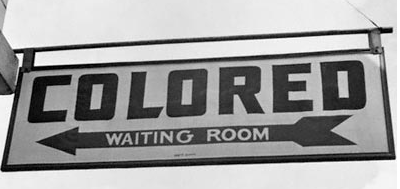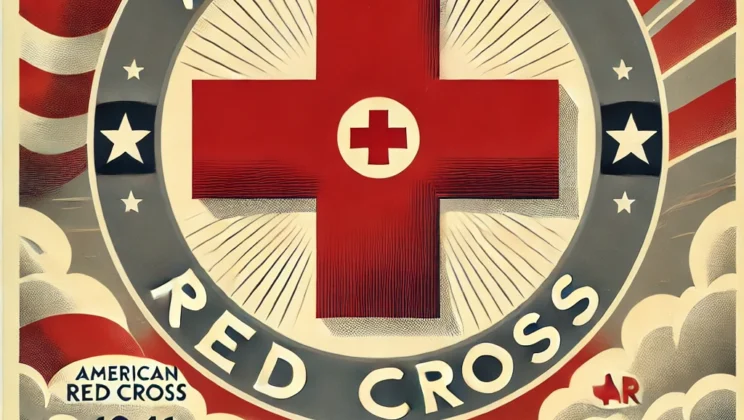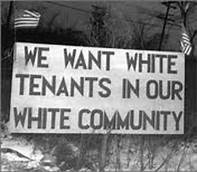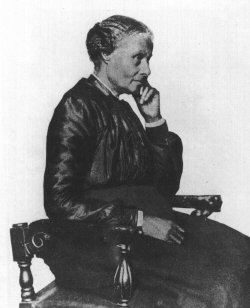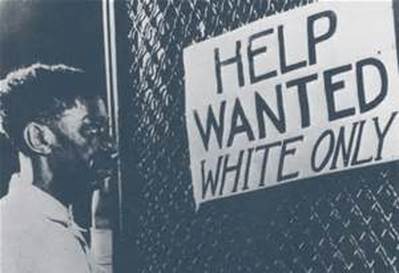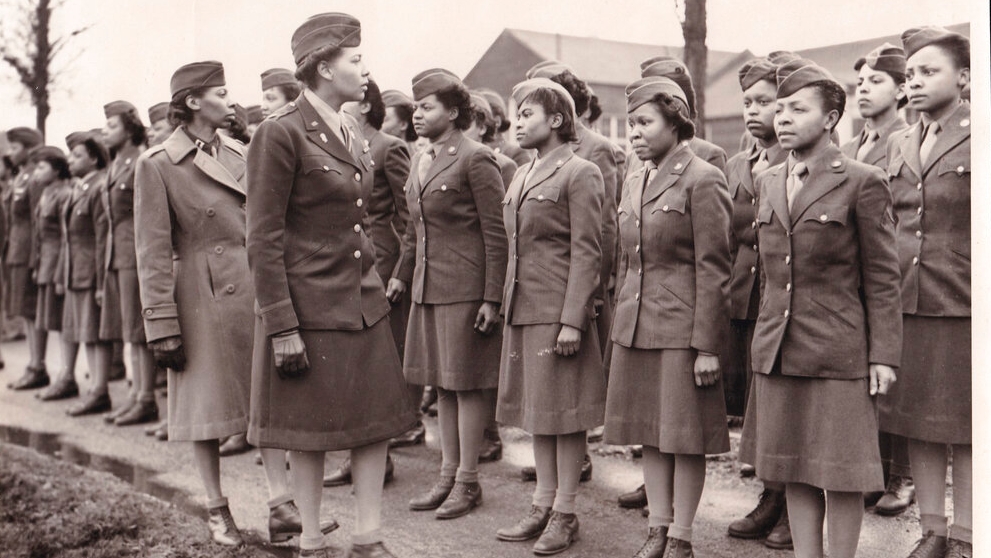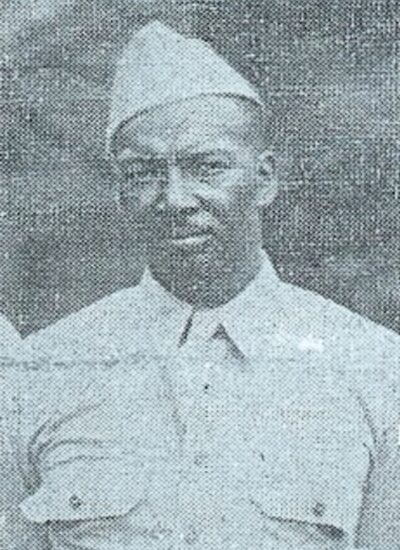A troubling development is unfolding in federal policy, which may have profound consequences for the civil rights protections enshrined in the landmark Civil Rights Act of 1964. At issue is…
Tag: Discrimination
The Red Cross and Segregation of Life-Saving Blood Donations From African Americans
The American Red Cross’s segregation of African American blood donations during World War II actively upheld systemic racism in a critical realm: life-saving medical care. Influenced by pseudoscientific beliefs about…
Red Summer and The Massacre Of Elaine, Arkansas
In 1919, several interrelated factors intensified racial tensions in the United States. During Reconstruction, African Americans gained significant political and legal rights, such as voting and holding public office. However,…
Home Ownership, The American Dream – A Racial Nightmare
Levittown, one of post-World War II America’s most iconic suburban developments, symbolizes opportunity and exclusion. Created by William Levitt and his company, Levitt & Sons, Levittown represented the promise of…
Before Other civil rights organization there was the Black Cabinet
The Black Cabinet, sometimes referred to as the “Federal Council of Negro Affairs,” was composed of influential Black professionals within the federal government and symbolized the potential for real change…
Mary Ellen Pleasant: Pioneer, Entrepreneur, Benefactor
Mary Ellen Pleasant, an African American entrepreneur and abolitionist, is renowned for her efforts in the Underground Railroad and her support of the abolitionist movement. She used her considerable resources…
Civil Rights Act of 1871: Combating the Ku Klux Klan
The Civil Rights Act of 1871, enacted by the United States Congress during the turbulent Reconstruction Era, is a landmark in American legislative history. Its passage was prompted by a…
Invisible Shackles: The Impact of Black Codes on African Americans In The Years Immediately Following the Civil War.
After the Civil War, as the nation grappled with the aftermath of slavery, the question of freed Black people’s status in the South remained unresolved. The Black Codes were created,…
The 6888th Central Postal Battalion, Six Triple Eight. “No mail, no morale.”
The 6888th Central Postal Directory Battalion comprised entirely of African American women, faced discrimination and adversity head-on while delivering an essential service to WWII troops overseas. In the early 1940s,…
Booker T. Spicely, A Victim of Jim Crow Violence
In 1944, Booker T. Spicely, a Black Army private stationed at Camp Butner, clashed with a white bus driver, Herman Council, over seating segregation. The confrontation ended when Council shot…
